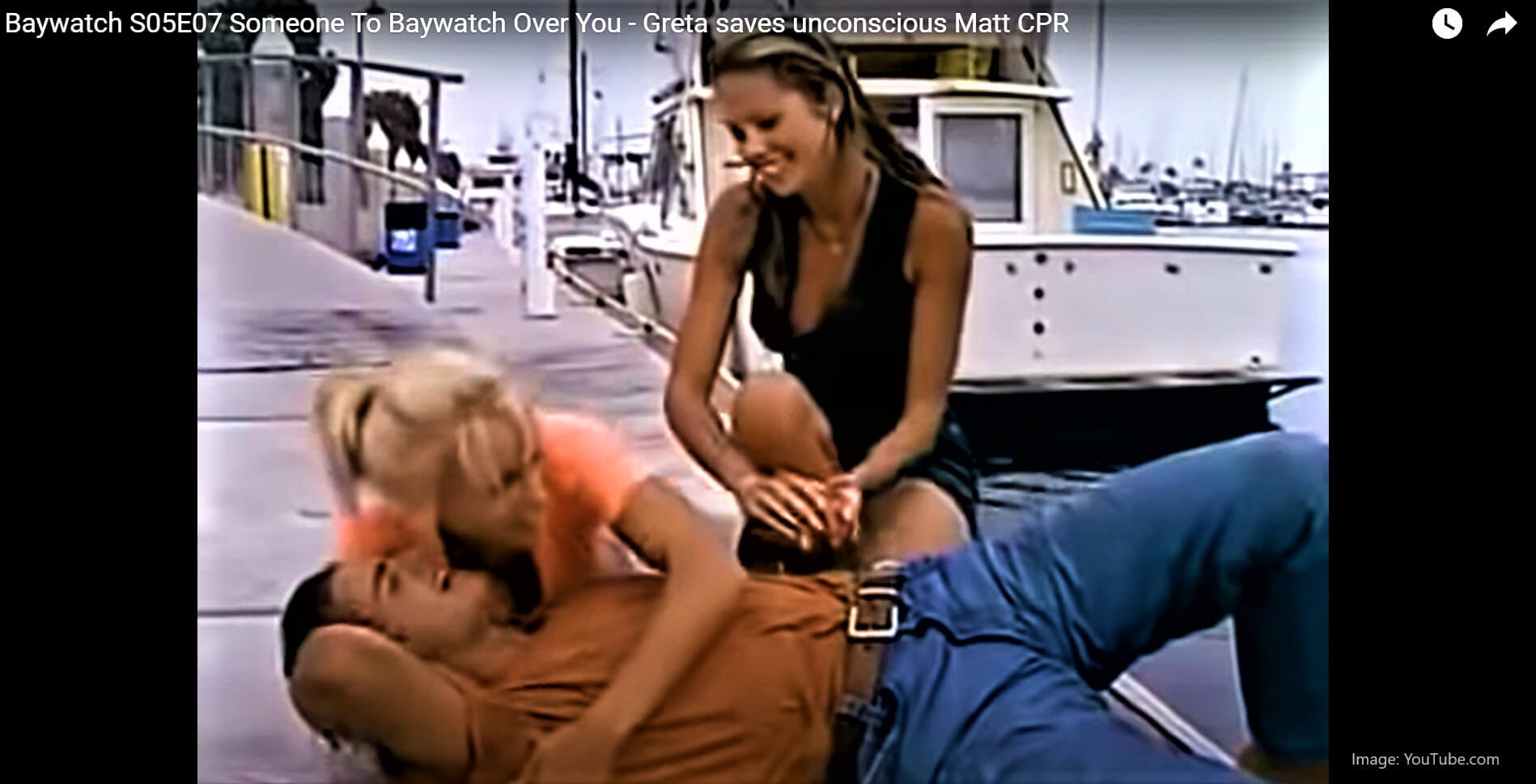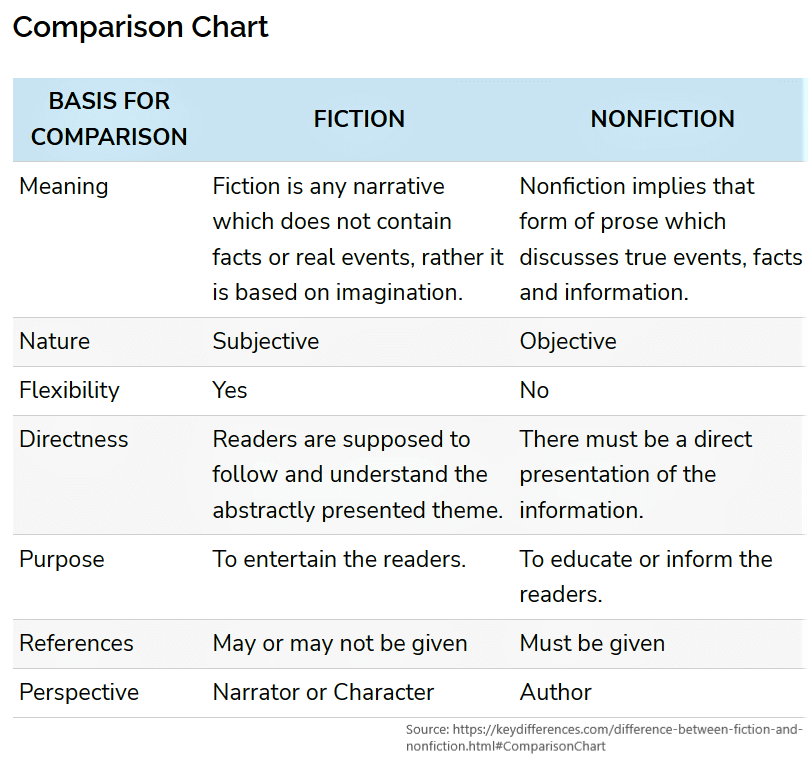
It’s interesting how some writers and movie directors insist on learning everything about a topic so that it’s accurately depicted. Some creators consider it essential to consult an industry expert for a film or book; such as a historian for a period-piece or a retired cop to consult on a gritty-crime story. For a little giggle, check out this clip of Grey’s Anatomy cast members trying to act natural while spewing-out mouth full’s of complex medical jargon.
I remember people being obsessed with Dan Brown’s books. Novel in one hand and Google open in the other, I’ve never looked up so many facts while reading a fiction book before the Da Vinci Code came out. Huh? The Last Supper is full of clues? A secret knife? A woman? Fibonacci what-now?
Many of us readers appreciate and respect when a writer takes the time to get the details right. It’s fantastic to read for pleasure and escape, but it’s also great to learn something new at the same time; whether that’s far-off places, pervious time periods, or revolutionary ideas. However, for the writer, it’s not always easy to commit to doing this and despite best efforts, some things can get missed.
Bestselling author Dan Brown shared, with Publishers Weekly, “Considering it takes me years to gather all the facts in my books, it’s a daunting task for the fact-checkers to review all of that material in a matter of weeks. They tell me it’s great fun learning about exotic locations and esoteric history. And, yes, the fact-checkers always catch a few things that have slipped through the cracks during the writing process, so I’m very grateful to them.”
Yes Accuracy is important, The Devil’s in the Details
Although many of us dive into stories to relax, one can argue that it’s essential that stories are accurate as they immerse us into a literary world. If they are factually correct, it makes the story more believable as well as helping the audience relate. Taking the time to get the details correct in a book or movie may be lost on a general audience, however for those who are in the “know” of that topic, it’s deeply appreciated and at times, it can be a deal-breaker when it’s done wrong.
I recall watching an emotional and yet romantic scene in Gray’s Anatomy (aren’t they all?) and suddenly finding myself recoiling from the screen, completely out of the moment. Unfortunately, the set’s prop manager didn’t seem to know the difference between a rectal and oral thermometer. After the doctor took the temperature of their loved one they shared a romatic kiss. Instead of being swept up in the moment, I was having a hard time keeping my dinner down.
As a First Responder I literally cringe when I see some of the terrible onscreen depictions of CPR. In all my years, not once did I pull someone out of the water with powerful music playing in the background, my hair blowing in the breeze and somehow not jabbing me in the eye, while I pounded only once on their chest, crying “please don’t die on me!” and have the patient gently stir, poetically open their eyes only to suddenly fall in love with me. (Although, it’s still on my bucket list- fingers crossed!)
Does that blatant lack of accuracy bother me? As a reader/viewer, yes it does. CPR is simple and not hard to show properly, so why not demonstrate a life-saving technique correctly? If you have an audience or readership of millions do you not have a moral obligation to at least try to get it right?
But does it really matter? Well, there’s the rub…. first, there’s the obvious answer: It bothers me because I know better. That raises an equally obvious second question: Would it have bothered me if I hadn’t? Clearly not. Ignorance is bliss afterall. As such, I understand the freedom and fun when a story is about a topic I know nothing about, or is simply for entertainment. It’s fun to surrender the need to know the back story and plot lines, and just lay back and enjoy the ride.

No, it doesn’t matter, be free to create whatever you want!
Authors who are in the fantasy genre have no limits when it comes to imagination and the freedom to create. They can make any kind of world, no matter how odd it seems. It can be a world where animals can talk like humans or a place where trees are elevators to the sky. As long as stories have a certain degree of plausibility and are intriguing, the writer can plot whatever course they want in the unknown.
I used to think that fantasy was a genre that allows writers the freedom to break free from all of the rules of the literary world. Then I tried to write a fantasy book. Although it is true that a writer has the freedom to explore in any direction, if they expect anyone to follow them on this journey, aka. read their book, the fantasy world needs to have some foundational rules, and the reader needs to know what those are.
Author Mindy McGinnis shared, “Yah that’s the catch with fantasy. If I’m writing a contemporary and I tell you my main character goes to a wealthy private school, that’s all I need to say. (But) If I tell you my main character is the Given- I have to explain that. And underneath her role as the Given, lies an entire cultural mindset the reader is entirely unfamiliar with. Yes, I get to create my own world and make my own rules, but I also have to paint it for you, and –ever more difficult- sell it to you.”
Fantasy writers have great freedom in the genre, and yet also take on a great responsibility. They cannot rely on any assumptions as the world they are creating is entirely new for the reader. In addition, they have to make sure to never make a mistake with the “world building rules of their world.” I find it jarring when I’m reading a book and the character who was in the bathroom is now suddenly making coffee in the kitchen, and the author didn’t lead me there. Imagine the stakes of a fantasy novel with massive amounts of rules the fans not only love but adamantly adhere too?
In a piece titled The Do’s and Don’ts of World-Building, the writer shares, “Readers of sci-fi or fantasy are willing to suspend their belief. But they won’t forgive the writer for breaking their own rules. So, when you are creating your world, be sure to pay attention to the rules that you’re setting in place. That is why as the writer and the “god” of your world, you need to pay attention to the rules that you have set forth. Don’t break your own rules. It creates a lot of plot holes and angry readers.”
Accuracy depends on the type of story: Fiction or Non-Fiction
For a quick definition, fiction is a story that is based on imagination and fantasies. Whereas, nonfiction implies a form of writing that depicts real events, people and facts. In short, it can be said that fiction represents something not true, whereas nonfiction shows a factual account.
Have you ever felt so connected to a story it’s as if you are experiencing it in real life? There’s a good reason for that: your brain actually believes that you are. When we read, the brain does not make a real distinction between reading about an experience and actually living it. Fiction is about fantasizing and allowing our brains to access different aspects of our neurology. If we are invested in a story, and genuinely relate to the characters’ struggles, then we can feel a real connection of compassion. Reading literary fiction helps people develop critical thinking, theory of mind, and cultivate empathy.
Benefits of reading Non-Fiction
Writer Naren Yellavula shares, “The first thing it will teach you how the world is functioning, second it exposes secrets of few great minds, so you can pick them. By reading the Non-Fiction, you will be able to improve intellectually, logically & analytically. Reading books related to your career (Ex: Software & IT ) will make you stand above your peers. Reading books on the multiple subjects (Global issues, Soft Skills, Economics) out of your domain makes you a wise man.”
Nowadays, there are stories which blur the lines between these two genres. Creative nonfiction encompasses stories about factual events which are depicted not for scholarly purposes, but for pleasure. Creative nonfiction may include memoirs, personal essays, narrative history, feature-length articles in magazines, narratives in literary journals as well as full lengthen novels. In Cold Blood by Truman Capote, and The Right Stuff, by Tom Wolfe are examples of popular Creative Non-Fiction works.
Maybe it’s all about personal preference?

Call me crazy but when I pick up a book that involves a real-life person in fictional events, I expect the real-life part to be — well, real. Besides for the amazing advantages for sharing factual information to the masses, there are real-life embarrassing outcomes (which may have been avoided) had the information on the screen or in the book been accurate.
My undergrad is in Anthropology and I’d like to share a completely bone-headed moment from my 1st year lab class. I’m not sure why, but I assumed the skeleton was a replica. I guess it’s from watching crime shows as a kid and my parents reminding me it’s “make-believe” whenever I got scared. Although I appreciated that mental “It’s-not-real” buffer as a child, I didn’t realize it created blinders that I carried into adulthood. I suppose it makes since, sometimes in an emergency people simply won’t believe it’s happening. Regardless of the crushing chest pain or the roaring flames, they seem unable to acknowledge the heart attack or the urgent need to evacuate the burning building.
Denial Personified; perhaps we are all authors our of own fictional stories that we express through the living of our lives?
Be that as it may, I still have to take responsibility for my actions as an adult. I’ve always been a bit of a class clown, and in a moment of complete jackassary, I decided to start my lab first class by putting a skull fragment on my head as a hat. I’m not sure if this is comforting or not, but apparently, I’m not the first dumb-ass student to pull the ol’skull-as-a-top-hat shtick.
When my professor walked in the room, he glanced at me, sighed, walked over and removed the skull fragment. He flipped it over and pointed to the dried-brown-film on the bottom of it asking me, “Know what that is?” Puzzled, I truly looked at the bone fragment for the first time and noticed how intrinsically detailed this replica was. I felt the grin start to slip from my face. It seemed my professor was waiting for a dawning look to cross my face, and he chucked, “Yep, that’s dried soft tissue on the skull.” Feeling very shocked and humbled, he nodded, smiled and handed it back to me. As he walked to the front of the lab he said nonchalantly over his shoulder, “By the way, you have flakes in your hair.”
Truth is stranger than fiction, but it is because Fiction is obliged to stick to possibilities; Truth isn’t. The difference between fiction and nonfiction is that fiction must be absolutely believable. Fiction and non-fiction are only different techniques of storytelling.” – Mark Twain
An avid book reader and proud library card holder, Angela is new to the world of e-Readers. She has a background in education, emergency response, fitness, loves to be in nature, traveling and exploring. With an honours science degree in anthropology, Angela also studied writing after graduation. She has contributed work to The London Free Press, The Gazette, The Londoner, Best Version Media, Lifeliner, and Citymedia.ca.
